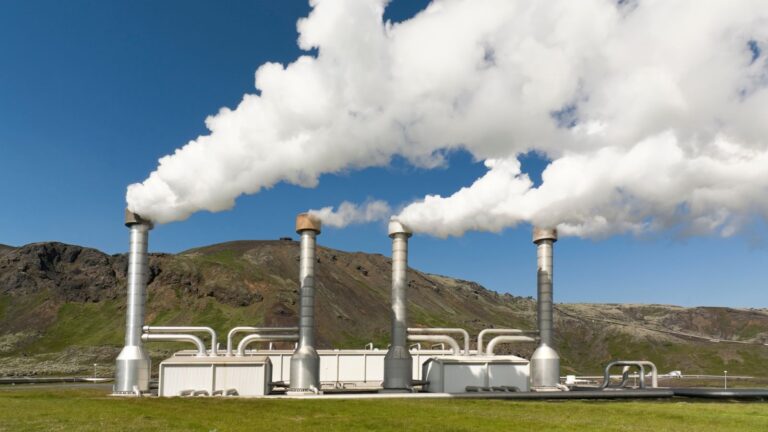This website uses cookies as well as similar tools and technologies to understand visitors’ experiences. By continuing to use this website, you consent to Columbia University’s usage of cookies and similar technologies, in accordance with the Columbia University Website Cookie Notice.
Mexico is one of the best potential locations for solar energy generation in the world. Unfortunately, under President Lopez Obrador, Mexico has stopped issuing permits.
More News
Power prices are expected to soar under new tax cut and spending law
In states without policies to drive renewable energy, power prices could surge as federal tax incentives for clean energy disappear, according to Energy Innovation, a think tank.
Relevant
Publications
Assessing the Energy Impacts of the One Big Beautiful Bill Act
This special CGEP blog series, featuring six contributions from CGEP scholars, analyzes the potential impacts of the OBBBA across a range of sectors.

The Potential Contribution of Enhanced Geothermal Systems to Future Power Supply: Roundtable Summary

Analysis: China’s Push For Sustainability Disclosure Can Boost Green Growth
New government documents seek to align the climate disclosures of Chinese companies with national priorities and global best practices. Edmund Downie (Princeton U) and Erica Downs (Columbia U) write for Shuang Tan.

